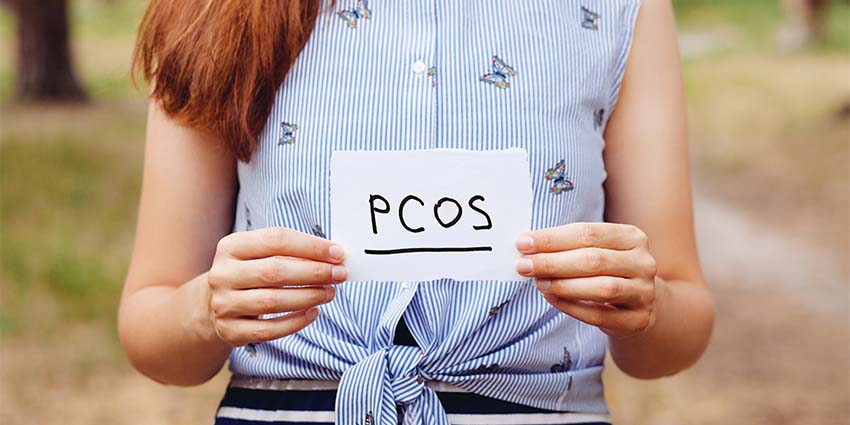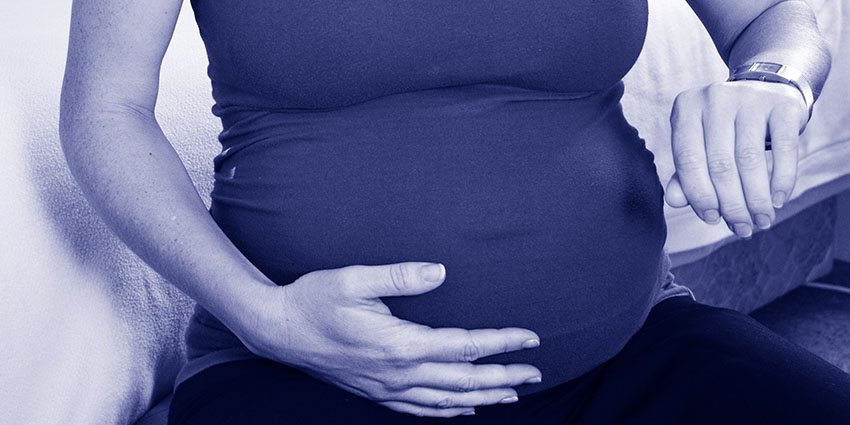These will be general recommendations because it is important to discuss exercise with your provider as they will be aware of any specific limitations that you might have.
Some form of daily movement is good for you during your pregnancy and can have many benefits. Those who exercise tend to feel better, sleep better, have more energy and suffer with less depressive symptoms.
We cannot say enough about hydration! Drink water, drink water, and then drink a little more water up to 10 8oz cups per day. Wear loose fitting clothing and a good support bra as well. You will probably need a larger size due to the natural changes of pregnancy.
Some of the best exercises are walking, yoga, pilates and swimming. Your joints are loose during pregnancy which is a change that helps your hips widen for birth but because of this you will want to keep your exercise low impact. Intensity is different for everyone based on your overall health prior to the pregnancy. A good rule of thumb is that if you can still talk while exercising you are at a good level for you. Remember that you are carrying extra weight not only because of the baby but also amniotic fluid, increased blood volume, and other changes. If you are monitoring your heart rate, the American College of Obstetricians and Gynecologists recommend keeping it under 140 beats per minute.
We do not recommend that you participate in contact sports or ones that would be affected by your center of balance which is different during pregnancy. It is also best not to participate in things like horseback riding, skiing or other activities that may cause you to fall. If you are used to lifting weights we recommend that you reduce the amount to no more than 20 pounds and do more reps to achieve the same benefits. Finally, do not lay flat on your back to exercise as this puts pressure on a major blood vessel that could cause decreased blood flow to you and your baby, and will likely make you light-headed when you stand back up.
If you have had problems with early contractions, high blood pressure, bleeding, an incompetent cervix, or other cardiovasular or pulmonary issues please talk with your provider before particiapting in exercise.
Related Posts








